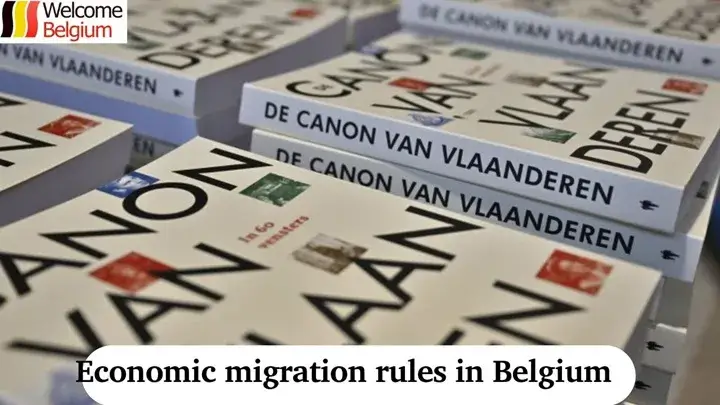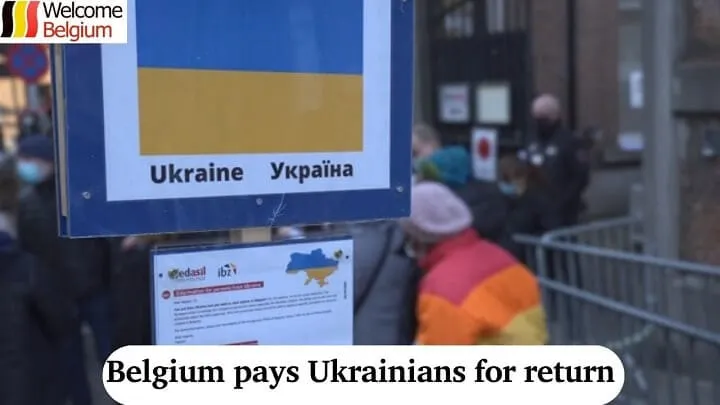As of 1 September 2024, new economic migration rules for foreign workers will come into force in Belgium, marking an important reform in this area. According to the new provisions, the Belgian government has amended the Single Permit system, which combines work and residence permits for foreign nationals. The main objective of the changes is to adapt economic migration to the current requirements of the labour market. The changes are aimed at increasing the attractiveness of the region for highly qualified specialists and reducing administrative barriers for employers. This is important in the context of the labour shortage that many sectors of the Belgian economy are facing.
Description of changes
The new decree of 6 June 2024, replacing the previous rules of 2019, simplifies the permit process for foreign workers and introduces new categories of applicants. It is no longer only EU Blue Card holders who can apply for long-term work permits, but also other categories of workers, such as junior highly qualified staff. This gives more opportunities to young professionals, who can start their careers in Belgium with a time-limited permit and then expand their options for a longer stay. In addition, the reforms aim to attract foreign researchers more flexibly, underlining the region’s commitment to innovation and science.
The main changes in the new decree:
- Criteria for obtaining a work permit for a limited period, including junior highly qualified staff and EU Blue Card holders.
- Simplification of obtaining permanent residence permits for EU Blue Card holders after one year of work in Belgium.
- Exceptions for contract researchers.
- Expanding opportunities for employers to prove the need to attract foreign labor.
- Definition of short-term and long-term stay for foreign workers.
- Possibility of working for several employers for highly qualified specialists and EU Blue Card holders.
- Introduction of new grounds for refusal or revocation of work permits.
These changes are intended to make Belgium more competitive on the international stage by attracting workers from abroad to fill vacancies in scarce professions. In addition, providing opportunities to work for several employers is an important step towards greater flexibility in the labour market and the creation of conditions for career growth. It also contributes to a more effective integration of foreign specialists into the region’s economy, which will ultimately strengthen its position in the labour market.
Benefits of legislation
An important innovation is the expansion of opportunities for employers to attract foreign labor. They are now provided with more tools to prove that the local market cannot meet the demand for certain professions. This applies not only to the list of shortage professions, but also to data provided through the Belgian Public Employment Service (FOREM). New criteria for short-term and long-term stay have also been introduced, and highly qualified specialists are granted the right to work for several employers after a year of work in the country without the need for additional permission.
The new rules for the economic migration of foreign workers in Belgium are therefore an important part of the region’s strategy to develop and support the economy. They not only facilitate the procedure for obtaining permits for foreign specialists, but also expand the opportunities to attract talent from all over the world, reducing the shortage of skilled workers in strategic sectors. Thanks to these changes, Belgium will be able to cope more effectively with the challenges of the labor market and maintain its economic competitiveness on the international stage.




